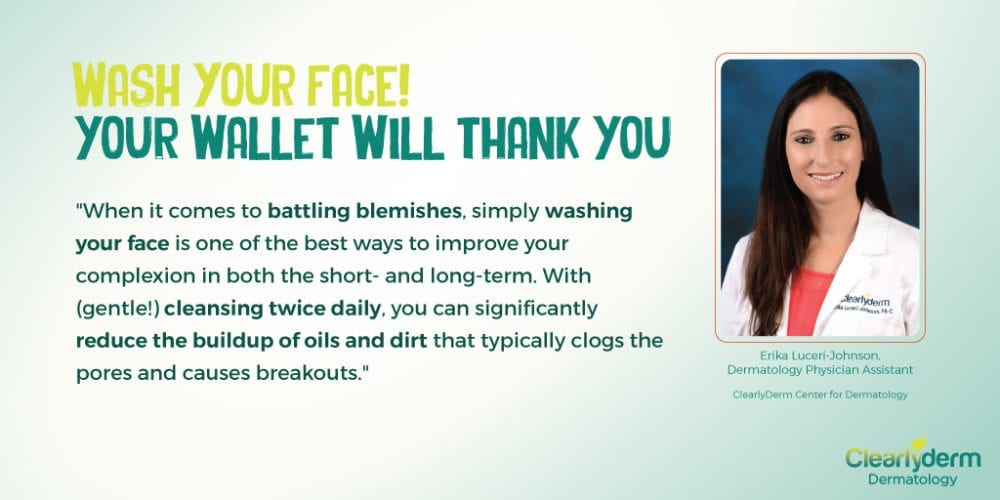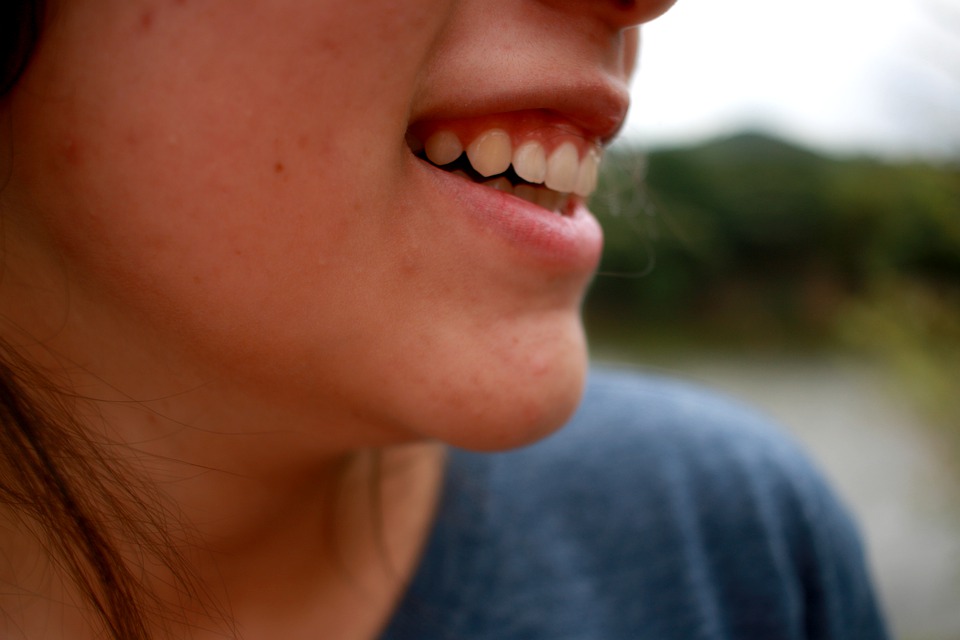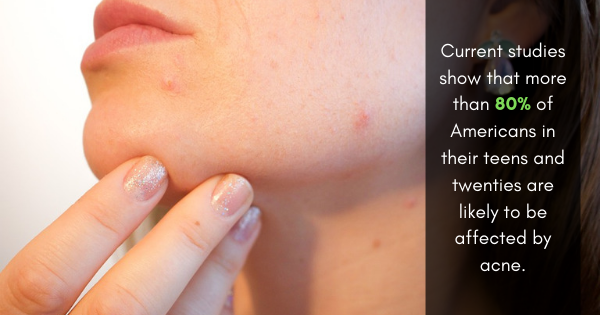
How to Choose the Right Acne Face Wash for You
By Erika Luceri-Johnson
Here’s the dirty truth — keeping your face clean matters. By washing twice a day, you can rid your skin of unwanted buildup, keeping pores the proper size and helping skin stay hydrated. But as the Wall Street Journal points out, if you’re not using the right cleanser, you could be doing more harm than good.
While it’s important for everyone to find a cleanser that suits their specific skin type, for those who suffer from acne, the right face wash could be the difference between clear skin and making your breakouts even worse. While every person’s skin is unique, dermatologists tend to organize patients into one of three basic skin categories: oily, dry, and combination.

Type 1: Dry Skin
Dry skin is fairly easy to spot — it can be characterized by “red patches or eczema”, and often feels rough or tight after washing and as the day goes on, according to Women’s Health. Although it may seem counter-intuitive that dry skin can be acne-prone — since one of the biggest causes of acne is oil production — excess skin cells can still clog pores, and dry skin tends to be extra-sensitive to inflammation.
While it’s always best to consult a specialist before starting a new skincare regime, it’s generally safe for people with dry skin to stick to a non-medicated mild cleanser, like Cetaphil or CeraVe. When you wash your face, avoid scrubbing — this will only further irritate your skin. Instead, gently massage the cleanser onto your face with your fingertips, and splash lightly with water to remove.
Type 2: Oily Skin
If you’re prone to blackheads and tend to sport a shiny complexion, chances are you have an oily skin type. It’s particularly important for people with oily skin to wash their faces twice a day, since careful cleansing will help prevent oil from clogging pores. But don’t fall victim to the common misconception that overdrying skin will prevent further breakouts — in reality, all this will do is invite inflammation.
With that in mind, a benzoyl peroxide wash can help people with oily complexions dry out their skin — but be careful! If your face becomes too dry and irritated, try scaling back one application a day, subbing in a mild cleanser for your second wash.
Type 3: Combination Skin
Characterized by both excess oil production and extreme dryness, combination skin can be as difficult to define as it can be to treat. However, this skin type is actually incredibly common — according to WebMD, if you’re oily around your T-zone but dry everywhere else, you’re certainly not alone.
When it comes to choosing a cleanser, combination skin can be a little trickier. Since this skin type is both oily and dry, you’ll need to use something more powerful than a mild cleanser, but less harsh than benzoyl peroxide. A cleanser with salicylic or glycolic acid might do the trick — if you’re having trouble finding a good fit, try consulting Clear Away Acne’s list of tried-and-true acne cleansers.
While you should aim to choose a cleanser based on your skin type, it’s important to know that all of this is subjective. At the end of the day, your skin is unique to you, and the most effective treatment will be one a dermatologist has designed to target your specific condition.
Looking for help with your acne? Join ClearlyDerm’s Virtual Acne Program for personalized treatments without the hassle of an in-office visit.









No Comments
Sorry, the comment form is closed at this time.